-
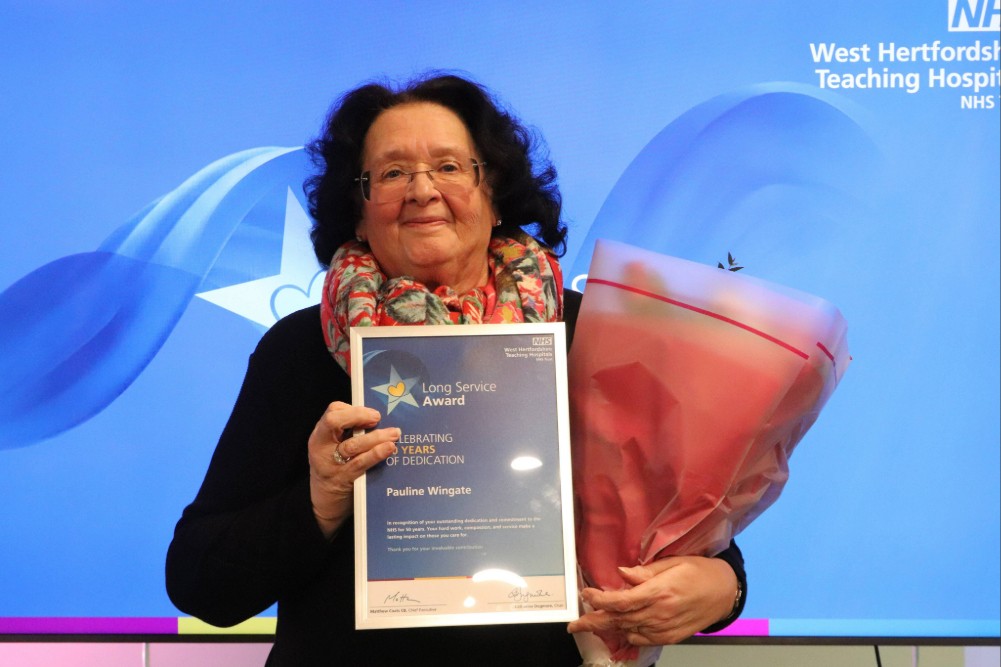
Inspirational NHS worker celebrates over half a century of dedication to West Herts Trust
Date published: 5 February 2026
-
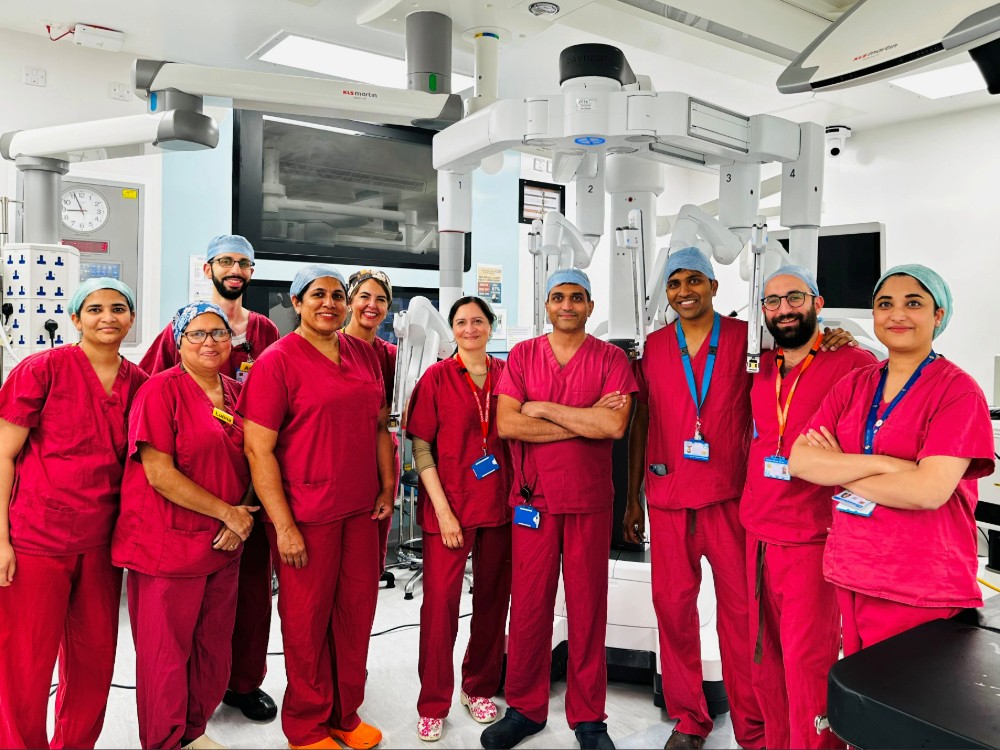
World Cancer Day: West Herts leads the way for modern cancer care
Date published: 4 February 2026
-
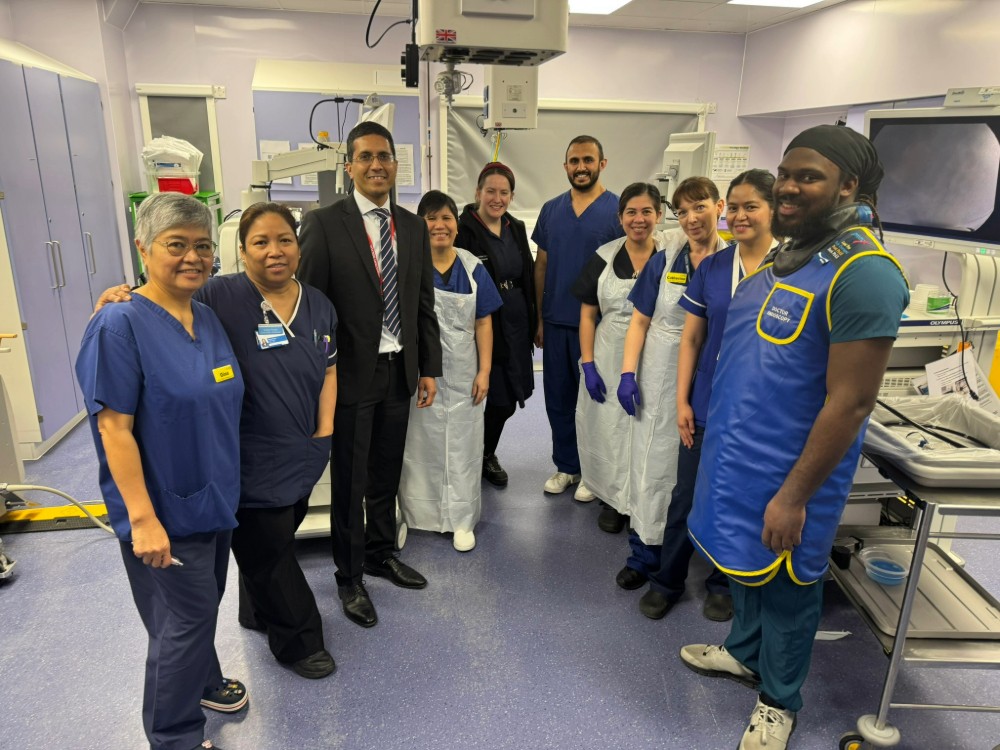
Watford General brings cutting-edge endoscopy care closer to home
Date published: 28 January 2026
-
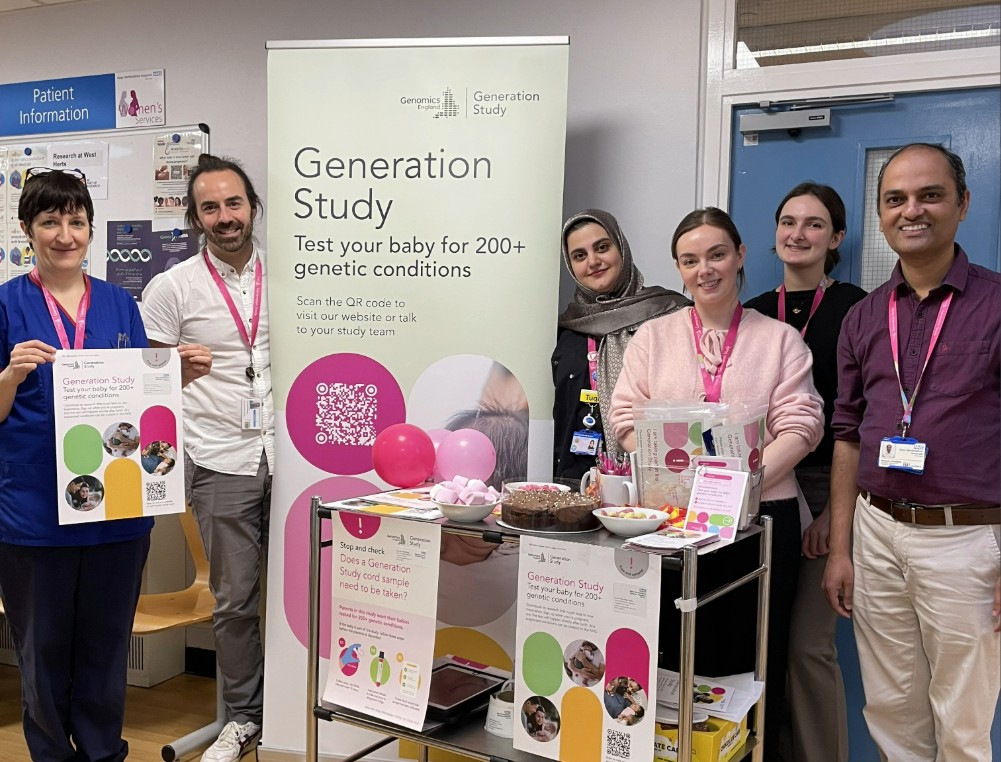
West Herts joins world-leading study to screen babies for over 200 rare conditions
Date published: 20 January 2026
-
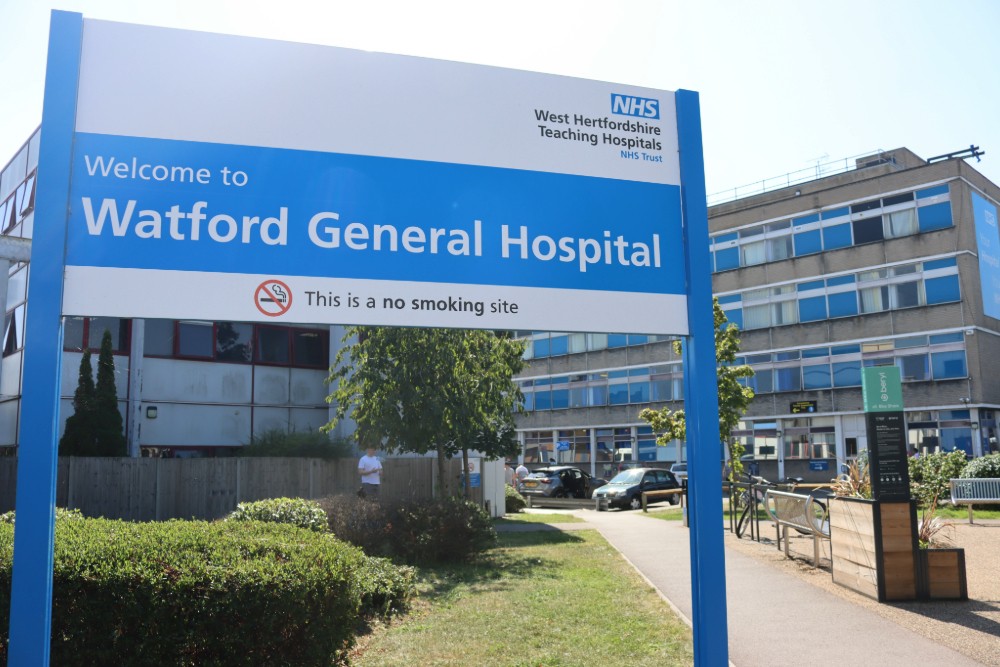
Have your say on proposals to relocate Mount Vernon Cancer Centre to a new world class facility at Watford General Hospital
Date published: 19 January 2026
-
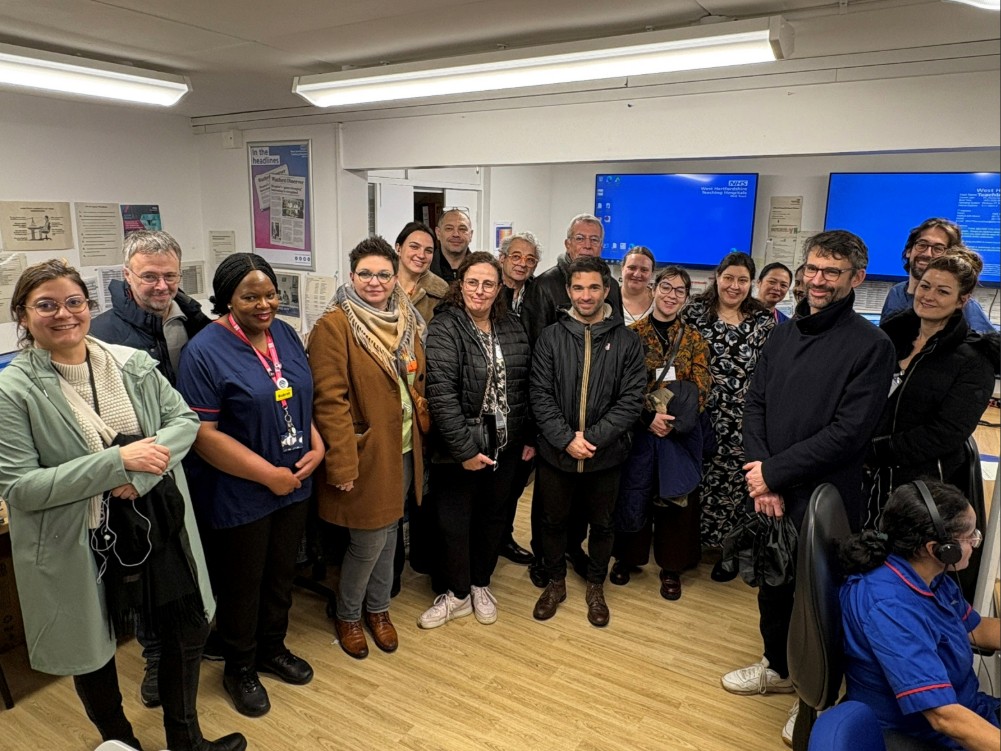
Watford General’s acclaimed ‘Hospital at Home’ service shares expertise internationally
Date published: 16 January 2026
-

Proposals to relocate Mount Vernon Cancer Centre to a new world class facility at Watford General Hospital set for public consultation
Date published: 8 January 2026
-
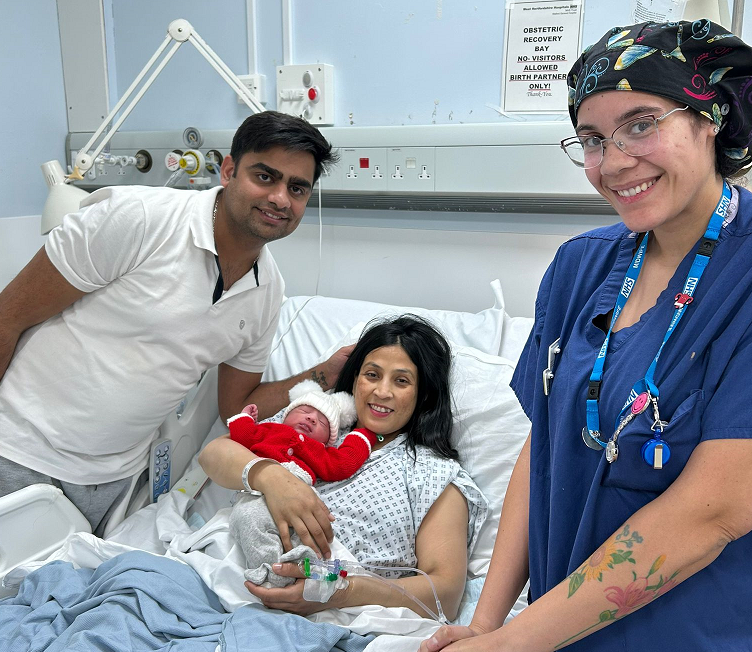
West Hertfordshire parents receive a truly special Christmas gift
Date published: 30 December 2025
-
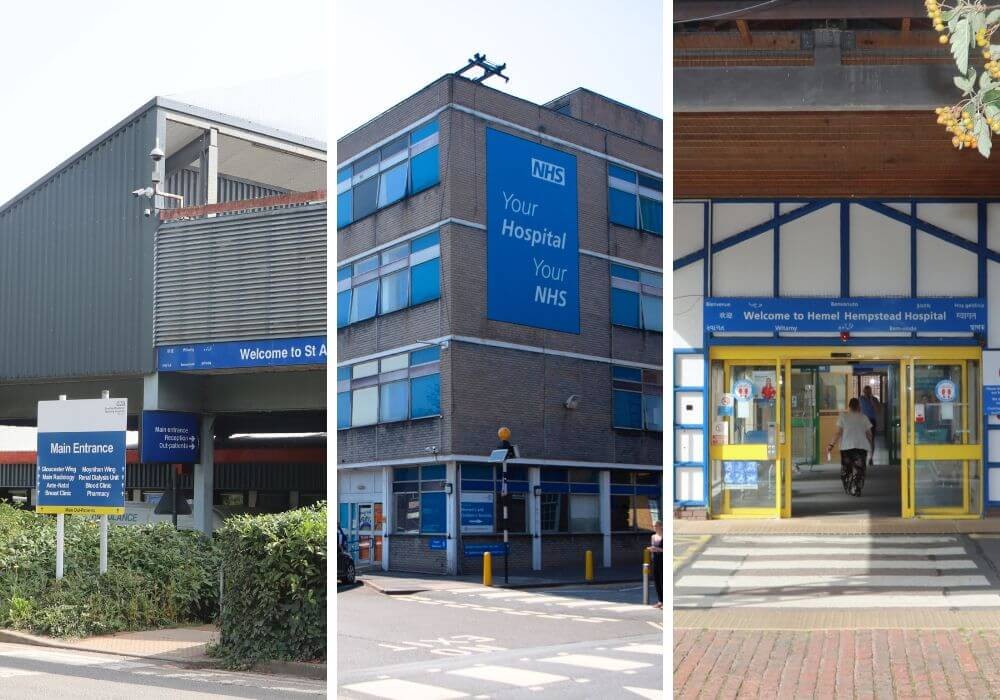
Confirmed industrial action by resident doctors 17-22 December
Date published: 10 December 2025